The retro handheld gold rush 25/09/2025
How forward thinking companies are cashing in by looking backwards.
This week’s Video Games Industry Memo is sponsored by YRS TRULY.
A very nice (and very award-winning) marketing agency for the games industry.
We talk to major retro handheld creators about the unstoppable rise of nostalgic devices
GDC gets a festival-ready rebrand
Scares like haunted marionettes and going outside are our games of the week
| Find me on Linkedin | Follow me on Bluesky | Check out my website | Email me |
Good morning VGIM-ers,
Tom Regan here, back once again with the ill behaviour (AKA another chin-stroking newsletter). Last time I was in your inbox I likely left you feeling depressed about the harrowing links between online video games and the military industrial complex. Don’t worry though, as this week I’ve decided that there’s more than enough depressing news to digest elsewhere, so today’s VGIM is a breezier one.
As Mr Osborn basks in the glory of the Mediterranean sun, following George 2’s brilliant breakdown of what constitutes remakes, remasters and everything in between (the remakester, who knew?!) I’ll be diving into the seemingly unstoppable rise of the retro game-only handheld.
We all know the Nintendo Switch and Valve’s chonk-tastic Steam Deck, but there’s also a secondary market of smaller Raspberry Pi and Android-powered competitors that have cropped up to provide players with more affordable - and often legally-murkier - alternatives. So what has driven this recent rise in retro rom-loaded devices, and how can companies cash in without breaking the law?
Sit back, grab a brew and wrap yourself in a warm blanket of nerdy nostalgia, as in this week’s VGIM, we go back to the video game future.
The big read: The retro handheld gold rush
Dubious devices: Since the pandemic, the nondescript retro gaming handheld has become an inescapable social media phenomenon. From targeted Instagram ads for legally dubious devices to mainstream coverage of pricier consoles promising one-to-one recreations of retro classics, post-2020, Nintendo-lawyer-baiting nostalgia has gone from a niche concern to big business.
Emulating success: According to data published by market research firm Quantumrum, the global retro console market reached $3.8 billion in 2025, and is projected to grow to $8.5 billion by 2033. Where US manufacturers like Miyoo, Ayaneo, Anbernic, Analogue and Retroid were once unheard of, these companies - and many less prolific copycats - are now attracting large audiences who want their gaming fix without paying Switch 2 or Steam Deck prices.
Like and subscribe?: It’s a market that has been fuelled, in part, by games publishers not knowing how to monetise their beloved back catalogues. Sony and Nintendo have opted to spread out their classic titles via a Spotify-esque subscription approach, opting to lure people away from illegally downloading their classics with a convenient retro-filled subscription service - but with mixed results.
You wouldn’t steal a cart: With big hitters like the mainline Pokémon Game Boy games still not available on Switch, and PlayStation’s retro games locked behind increasingly-pricey subscription tiers, nostalgic gamers are either emulating or looking for more affordable options. “This grey area of retro has always been there, just in very different forms - 100-in-1 game carts, knock off releases, etc,” says Sean Cleaver, head of marketing at retro console maker Blaze Entertainment best known as the creator of Evercade. “Effectively with these [not officially sanctioned] devices it provides a mass of unlicensed games that are either illegally sourced or encourage the users to illegally source and download their own roms.”
Rom Soft: Last year alone, it’s estimated that 950,000 retro handhelds were sold globally. Costing anywhere from £49 to £200 (roughly $65 to $270), many of these handhelds succeed because they offer convenient nostalgic fun with an equally old-school price tag. Despite the ease of downloading illegal roms to your iPhone, Cleaver believes that there will always be a market for legal emulation. “How do you compete with crime? Do it better! Not the crime of course, but the product or service you’re offering,” says Cleaver. “Our customers, and gamers in general, want something real, they want to have the real thing in their hands, they are incredibly discerning when it comes to the performance of games and what marries up with their memories.”
How to retro
Cart blanche: Every game cartridge that Blaze releases under its Evercade label is officially sanctioned, allowing players to buy classic game from publishers like Activision, Rare, Taito and Eidos. Said carts can be used across all Evercade devices. Blaze’s most popular device, the Game Boy Micro-esque Super Pocket retails for an alluring £49 and comes bundled with a cartridge. You can, of course, also cram illegal roms onto your Evercade, but we’re sure Blaze knows nothing about that…
Lighting a retro fire: As Cleaver tells it, it’s been a stellar few years for Blaze. “It’s been a great year for us despite the challenges that have been presented in certain markets,” Cleaver says, “Blaze has entered into new distribution deals that cover more of Europe and the US than we’ve had before. We now stand at around 1.5million cartridges sold and we’re beginning to regularly see our collections enter the various region’s physical game charts.”
You dropped your GamerCard: Another new competitor in the handheld space is Grant Sinclair. As the nephew of ZX Spectrum creator Sir Clive Sinclair, Grant’s GamerCard offers a similarly disruptive take on the gaming handheld - a giftcard-sized console with no packaging that’s immediately ready to play. “I primarily designed it to go on the rack… and we have a large global distributor who has agreed to put GamerCard in prime locations in stores all over the world,” Sinclair explains. Launching in Q4 2025 for £125 (roughly $170), Sinclair hopes GamerCard will slot onto shop shelves amongst Steam, Roblox and PlayStation giftcards.
Something old, new, borrowed, due: Loaded with officially-sanctioned games - as well as primed for emulating retro classics - Sinclair sees GamerCard as a casual and affordable way to satisfy that gaming itch. “I am most interested in creating gaming products that already have a selection of licensed games pre-installed so they are ready to play straight off the shelf and then make further licensed games available via our online store, which are either new creations or adapted classics especially for GamerCard’s square screen format.”
That looks pretty digital to me: Analogue is another leader in the retro console space, carving out a niche within a niche by letting players play their existing dusty cartridges on sleek, modern hardware. Utilising hardware emulation rather than software-level emulation, Analogue devices offer a more authentic-feeling way to play Game Boy games than their software-level competitors. With the Analogue Pocket setting you back £169.99 or $220, these premium handhelds cost more than a Switch Lite.
A message from our sponsor:
Many opinion pieces have been written about the state of creator marketing in games, but very few include direct insight from content creators. We wanted to correct that.
We spoke to over a hundred content creators with a combined following of over 12.4 million to find out what they think about collaborating with gaming brands. YRS TRULY Content Creator Report is arriving next week. Sign up now to get your copy on the 2nd of October.
When I was young…
Creaky gamers: What’s driving this newly profitable nostalgic market? Well, it’s us all getting disgustingly old. “Let’s be honest here: a lot of it is simply about age,” says Eurogamer editor-at-large and RPG Site owner Alex Donaldson. “Recent studies suggest the average age of gamers in Europe is 31; in the US it’s a few years higher still. People in their thirties have disposable income and nostalgic memories for simpler times. This is the primary driver - and this is the most lucrative end of the market.”
Handhelds for the ultra nerd refined enthusiast: Nostalgia is big business, where once devices were cheap and cheerful, now the only limit is your budget. “The comparison I like to draw is between gaming and music,” explains Donaldson. “If you’re really into music, you don’t want Spotify or even Tidal - you want vinyl records. We have this same dichotomy emerging in games. You have things like the Blaze Super Pocket - stocking-filler cheap, great gifts…[and] they’re serviceable for the average user. Then, if you want to drop four times the price, you can get an Analogue Pocket or Chromatic - the audience for those more expensive devices is willing to shell out for that… just like how hardcore vinyl nerds shell out for an original, older press rather than some modern picture disc.”
Back to basics: Where GamerCard is combining retro tinkering with newer indie titles, Cleaver believes Evercade succeeds because it captures the joyous simplicity of old. “Emulation can often be a complete faff, the equivalent of constantly tinkering with BIOS, emulation layers, artwork, spending days to get everything running and then never actually playing any games,” says Cleaver. “For Evercade, the goal is to make the retro games the core experience – not the tinkering.”
The Fun is Back!: It’s a sentiment that Atari seems to agree with. Partnering with US retro manufacturer My Arcade, Atari has just announced its own officially-branded Switch-esque retro console, the Atari Gamestation Go. Having survived - and overseen - the near-death of the video game industry, Atari certainly knows a thing or two about adapting to the needs of the market. RIP, ET.
You’ve got to hand it to them
Trailblazing: By releasing new carts in waves, there’s a more traditional games industry announcement strategy underpinning Evercade’s model, which Donaldson thinks other retro companies should emulate. “I think for low-cost devices, partnerships are the way forward,” says Donaldson. “You only have to look at the uptake on the Evercade business to see the case for that. The exact sort of market for those machines also loves their collections - physical media on shelves they can touch and enjoy.”
I’ve been watching, I’ve been waiting…: Unlike the pricey and hardcore-focused Analogue Pocket, Sinclair dreams of taking retro handhelds out of the shadowy corners of the internet. “What my uncle did with the ZX Spectrum was to sell to high street stores such as WHSmith, which soon had hundreds of affordable and licensed games available to buy,” says Sinclair. “Their stores were packed full of kids as a result, and that was in part why [Sinclair] had three of the best-selling computers in the world. That’s the ideal scenario.”
Truly dedicated to these devices?: With players able to easily emulate classic games on Steam Deck - why do many suddenly want to buy a dedicated gaming device? “I think the surge in retro handhelds comes down to a mix of nostalgia, simplicity, and collectability,” says Sinclair. “Modern games can feel overcomplicated, endless updates, menus, and distractions. Retro handhelds cut through that. It’s like driving an old car: basic, tactile, and all about the feel. You’re getting a true arcade experience in your pocket, with those classic graphics and sounds, responsive buttons, and focused gameplay.”
A profitably nostalgic niche: Despite retro handhelds slowly flooding the market, Donaldson thinks this boom is only just hitting its stride. “The target market for these machines is growing, and as the ‘average gaming age’ continues to grow older, so too does the market for retro,” says Donaldson. “Dedicated [retro] hardware is always going to be a niche. I’m not convinced that truly ‘mass market’ numbers want to play ancient games - unless it’s via the ‘trojan horse’ of a service on contemporary hardware, like Nintendo’s current approach. But I think we shouldn’t understate the power of a niche (see also the physical game market) - there’s a ceiling on this market, but there’s plenty of headroom and growth from where we are now, with plenty of money to be made.”
Tactile collecting: As modern games become increasingly complex and subscription services make newer releases feel disposable, Sinclair believes that a demand for the simplicity of retro will always exist: “There’s a growing culture around collecting [games] just like vinyl, CDs, or old cassette tapes,” says Sinclair, “Each handheld has its own personality, its own story. People love that. It’s something physical, something you can hold, and gaming on a mobile phone just doesn’t offer the same tactile connection.”
News in brief
A surprising headliner: San Francisco’s Game Developer Conference has undergone a rebrand, renaming itself GDC Festival of Gaming. The legendary gaming event revealed the name change on social media, with the organisation claiming it was “changing the game” saying that “the industry is changing and so are we.” Let’s hope this beloved event doesn’t lose what makes it special.
Nintendon’t care: Nintendo of America has reportedly let hundreds of US contractors go, outsourcing their customer support to South America, despite a strong launch for Switch 2. After working for NoA for years, contractors have said that they felt (understandably) betrayed.
Trolling: A US congressional hearing is calling The CEOs of Discord, Steam, Twitch, and Reddit to testify after the Charlie Kirk killing. The hearing hopes to examine the actions companies are taking to ensure that their platforms are ‘not exploited for nefarious purposes.’ With messages inscribed on the bullets used by the alleged shooter referencing online memes and video games, it seems that once again the US will scrutinise literally anything except for their gun laws.
Mega Ghastly: In today’s edition of “holy dystopia, Batman” the US department of Homeland security has cut a sickening video that depicts armed ICE agents rounding up people to the Pokémon theme song. Tweeted along with the caption “gotta catch ‘em all” the social media post shows armed officers breaking down doors and arresting people, interspliced with footage of Ash Ketchum throwing Poké Balls. It’s not often you’ll see me encouraging Nintendo’s famously litigious lawyers, but do your thing, Nintendo ninjas.
Borderline-cancelled: Gearbox Studios has announced that the Switch 2 version of Borderlands 4 has been delayed indefinitely. Due to release in nine days, Borderlands 4 heavily featured in early Switch 2 marketing, making it the first major third party casualty in Switch 2’s launch year. Gearbox stated that it needs more time to deliver the quality that fans expect. With Star Wars Outlaws shocking everyone by running well on Switch 2, here’s hoping that Gearbox can achieve the same on Nintendo’s hybrid.
Moving on
Calum Ridgewell joins EA as a Content Creator Lead… Chris Kramer joins Off Base Productions as Vice President of PR and Influencers… Julie Ghez joins 2K as Product Manager… Alexandra Hobbs joins Daily Mail Gaming’s The Respawn as a Multimedia Journalist…
A message from our sponsor:
Our YRS TRULY Gaming Content Creator Report is coming out next week, but beloved VGIM readers get early access to some of our insights. These include:
– Only 4.6% delegate their emails to agents,
– Only 30.3% are full-time creators,
– 65.9% have different rates for indie projects.
Get 30+ pages of insights into gaming content creators. Sign up to get your copy on the 2nd of October.
Jobs ahoy
We Are Social is hiring for a Gaming Content Creator in London UK… Blizzard are seeking a Narrative Director in Irvine California… Red Bull is looking for a Sports and Gaming producer in London UK… Hoyoverse are looking for a Game Writer in the U.S … Ninja Theory is on the hunt for a Video Producer in Cambridge UK…
Events and conferences
NZGDC, Wellington - 25th-27th September
Tokyo Games Show, Tokyo - 25th-28th September
Nexus Games Summit, Dublin - 1st-2nd October
Games Connect Asia Pacific, Melbourne - 6th-8th October
Brazil Games Show, São Paulo - 9th-12th October
Games of the week
Hades 2: Just when you thought you were safe from indie game sensations, Hades 2 hacks and slashes its way onto the storefront. The sequel to 2020’s award-winning and multi-million-selling roguelike, Hades 2 has broken out of its early access shackles and charged into a fully-fledged PC and Switch 2 release.
Sonic Racing Crossworlds: A wise hog-of-the-hedge once proclaimed that they’ve “gotta go fast”, and now you can too. While we won’t get into why Sonic even needs a car to begin with (any Sonic R fans?), this lush-looking cart racer offers a classic grand prix-based alternative to Mario Kart World’s open-world shenanigans.
Baby Steps: Gaming is all about fantasy fulfillment, and in Devolver Digital’s latest you can make all of your incel dreams come true. Put in the unwashed onesie of a manbaby failson, it’s up to players to control each individual leg as he takes his first reluctant steps outside. He’s just like me for real.
Silent Hill f: Konami’s first original Silent Hill in years takes the terror out of the eponymous US town of Silent Hill and into Japan. Set in the 1960s, this gender-inspired horror mixes themes of identity with tense melee combat and a striking visual style. Just like in Baby Steps, nothing good comes of touching grass.
Before you go…
Pikachu and co are taking over the Natural History Museum in London next year, with a new Pokémon centre pop up store.
Being a massive 34 year old Pokémon nerd, I am unreasonably excited about this collaboration.
Let’s hope it doesn’t end in tears like Pokémon’s collaboration with the Van Gogh Museum…



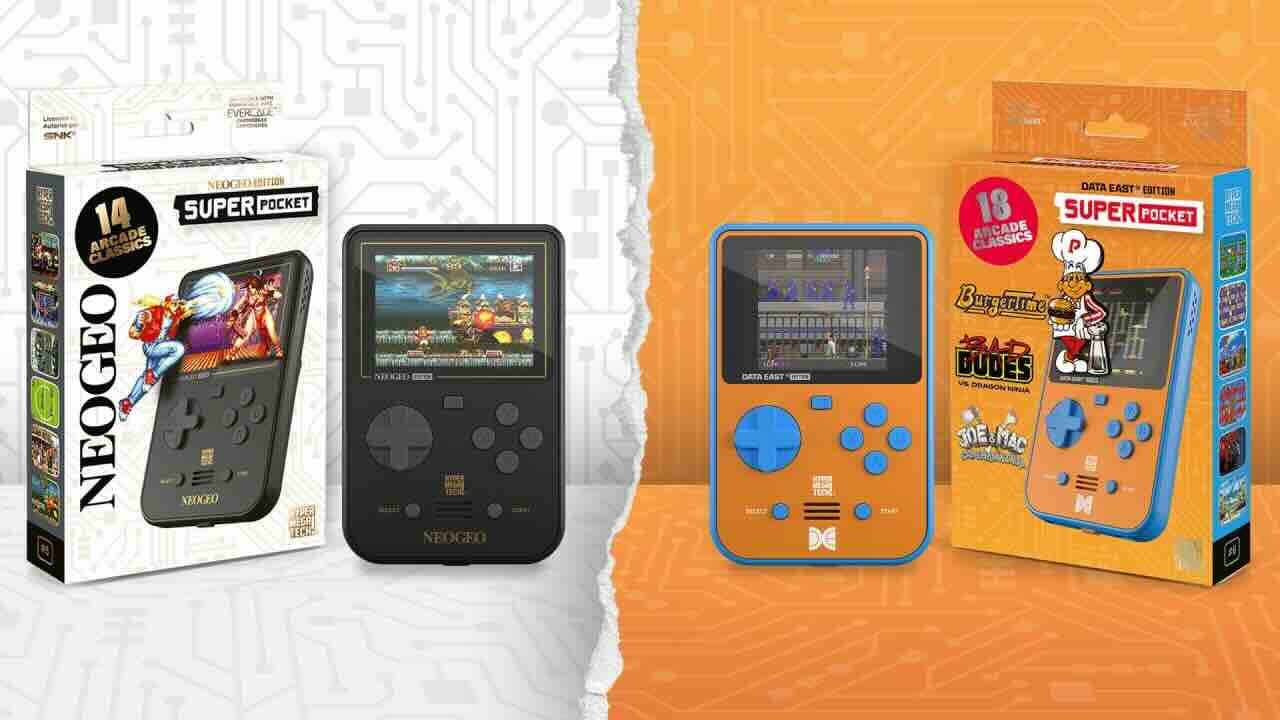
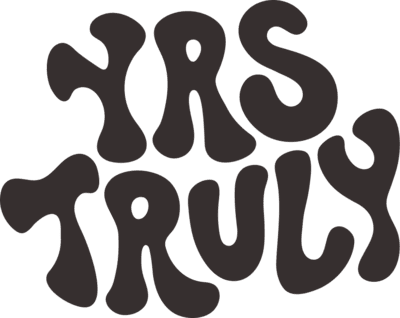
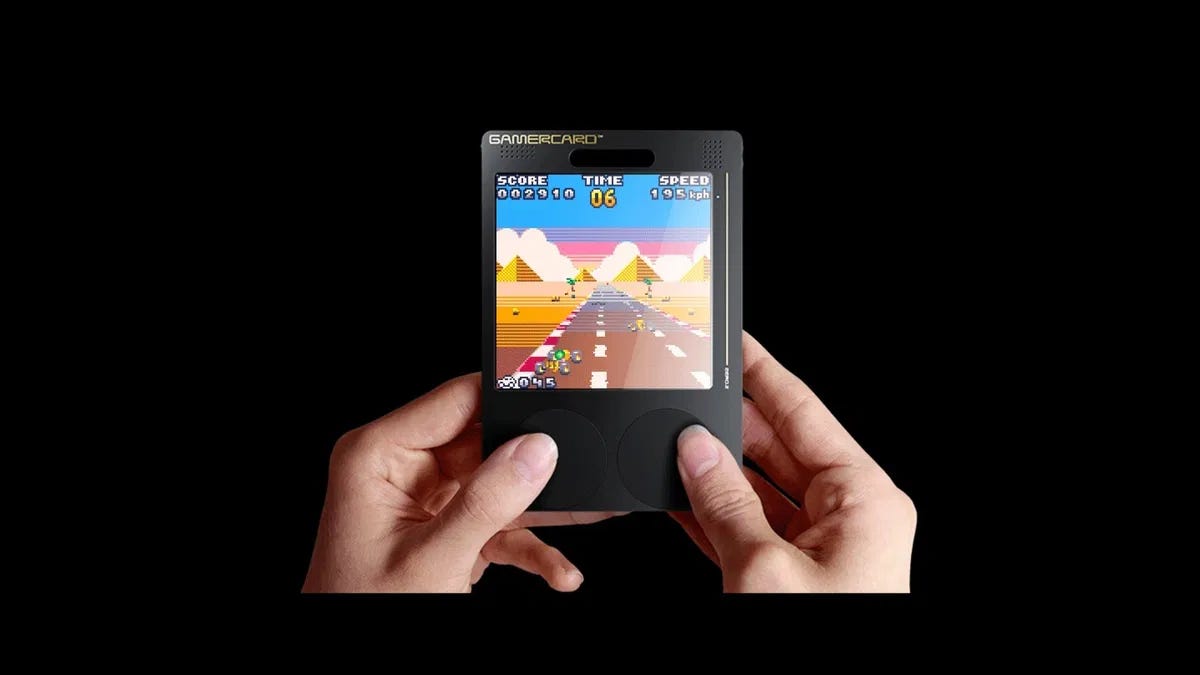
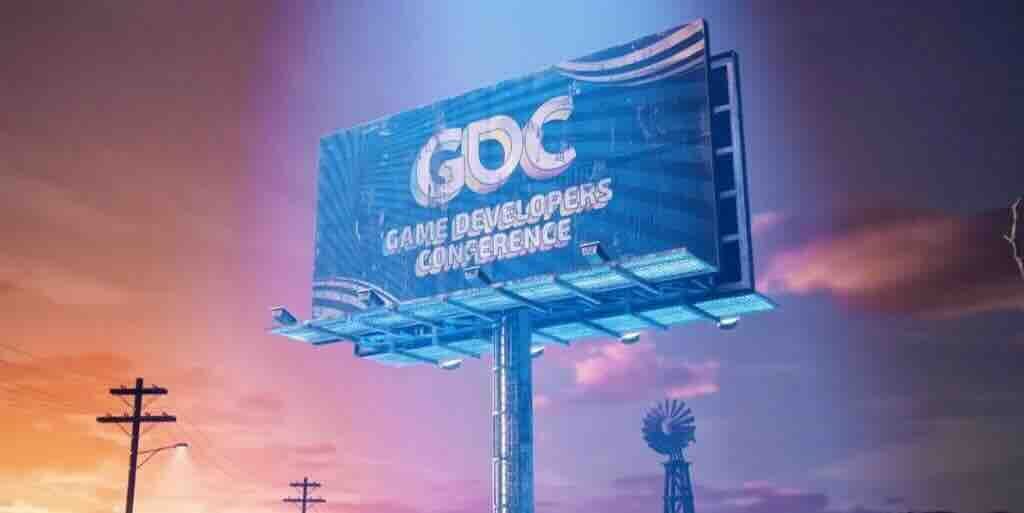
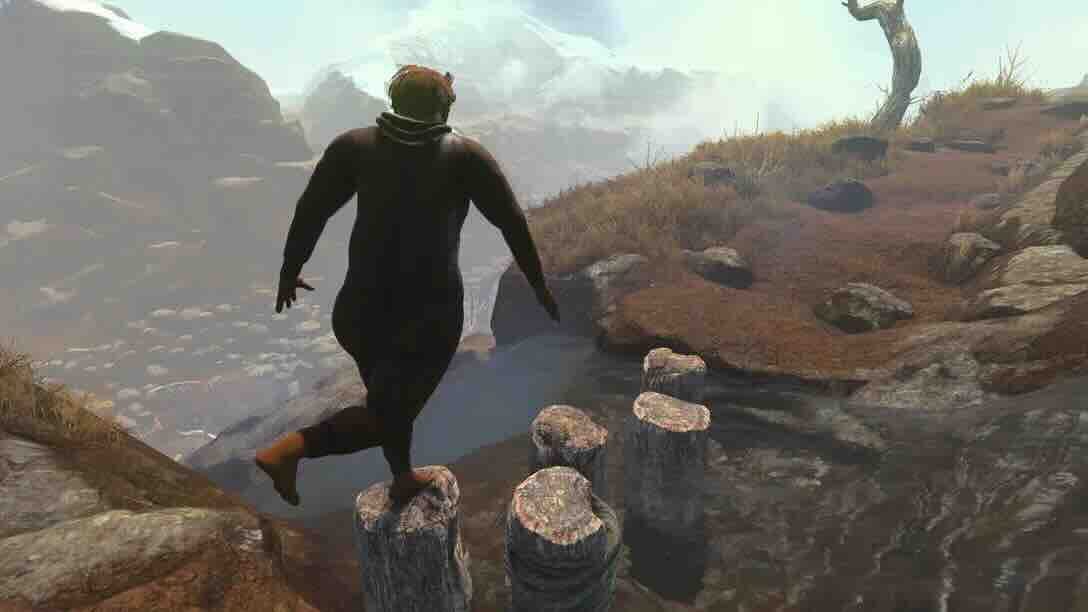
Many of these retro devices feel like cheap cashgrabs. I was especially disappointed by the SEGA Mega Drive mini as it doesn't even allow you to run your old cartridges. I think Analogue makes good products which is why I own a Mega SG.
Thanks for the shoutout, Tom!